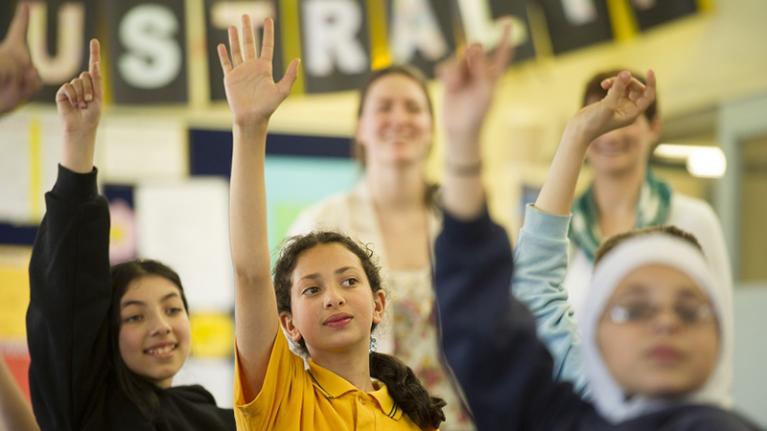Understanding inequality
Inequality is a persistent feature of education systems around the world. There are significant gaps in opportunity and outcomes and these are more critical than in the past, due to the interlinking of economies through globalisation and increased skill needs in the future of work.
More now depends on the successful use of early years education, school and the attainment of post-school qualifications. Access to high-quality schooling, success at school, and chances of post-school education remain socially divided, with implications for economic opportunities, personal growth, and civic and community development.
Much of the work undertaken by CIRES explores what causes these divisions in how effectively education systems work for different groups in our society.

Systemic inequality in early childhood education & care
This project aimed to analyse how developmental and educational inequality arise in Australian early childhood education and care (ECEC) amid a changing ECEC landscape. It arose in the context of a reform agenda focused on professionalisation in the ECEC workforce and quality provision.
The project sought to understand how inequality emerges in such a system where participation is the norm for most children. It examined the role of early childhood educators in addressing intergenerational educational disadvantage, situating their work within broader centre, local community and regional contexts.
The research involved combining an analysis of statistical data about communities, centres and educators with over 80 interviews conducted with ECEC educators and leaders from three different communities in Victoria. The results offer a nuanced understanding of success and challenges in preparing all children for learning at school.
The first book arising from the project is expected for publication with Springer in 2021.
Client: Australian Research Council (ARC) (Discovery project)
Years: 2015-2018
CIRES researchers included
Strategies of academic distinction & social distance
This comparative study researched aversion and acceptance of comprehensive schooling. It looked at how different education system structures shape the strategies used by families to support their children to get ahead at school.
The role of families in education systems is something that can be forgotten, but they are important key stakeholders. Families are active agents, formulating and reformulating their strategies and action in response to school system reform.
This study had a specific focus on Germany and Australia. In comparative educational studies, Germany is often regarded as a tracked system and Australia as a comprehensive system, but the project provided a more differentiated representation of each country’s school system. It adopted a case-study approach to investigate differences between states in each country.
The project drew on diverse data collections, including:
- Programme for International Student Assessment (PISA)
- German National Educational Panel Study (NEPS) panel data
- parent questionnaire in the Trends in International Mathematics and Science Study (TIMSS)
- various other sources of administrative data.
Work from this study formed the basis for CIRES researcher Esther Doecke’s PhD thesis, ‘More than a socio-economic variable: family strategies of educational advantage within Germany and Australia’. Further publications are forthcoming.
Client: ARC (Discovery project)
Years: 2012-2016